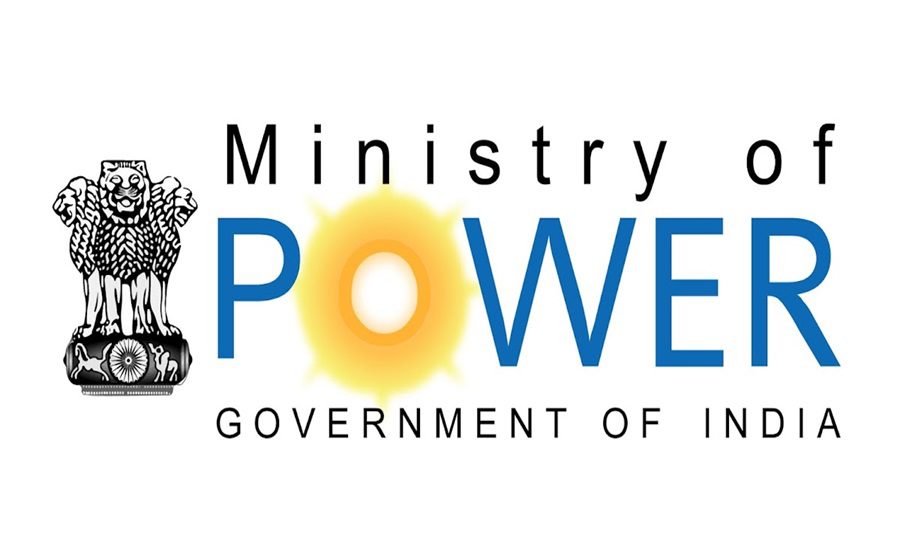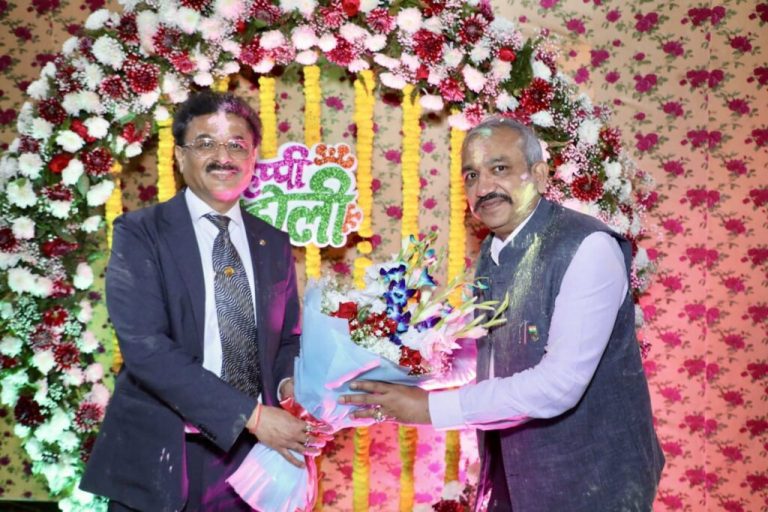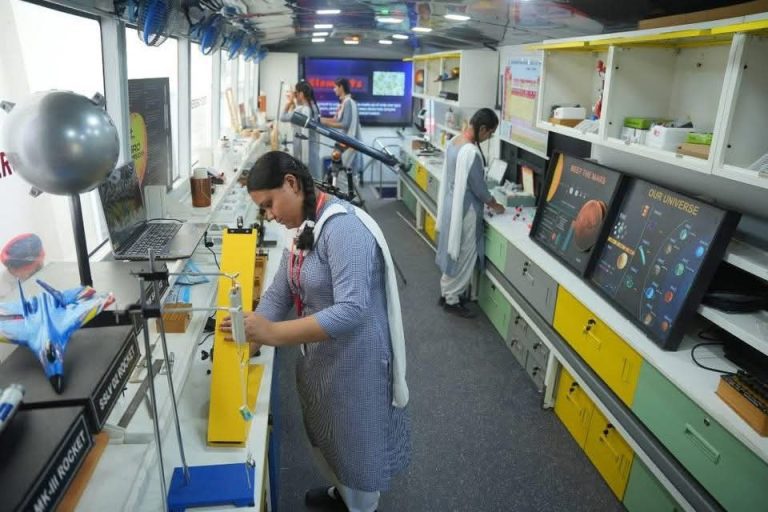New Delhi: The Ministry of Power released the State Energy Efficiency Index (SEEI) 2024 on Friday. The index, developed by the Bureau of Energy Efficiency (BEE) in association with the Alliance for an Energy Efficient Economy (AEEE), assesses the energy efficiency performance of 36 States and Union Territories for FY 2023-24.
Driving India’s Energy Transition
Akash Tripathi, IAS, Additional Secretary, Ministry of Power and Director General of BEE, launched the report. He stressed that India’s energy transition is both a climate response and an opportunity for innovation, resilience, and inclusive growth.
“Energy efficiency is a foundational pillar for achieving net-zero by 2070 and reducing emissions intensity by 45% by 2030. SEEI 2024 focuses on measurable outcomes and ground-level implementation across critical sectors,” Tripathi said.
Expanded Framework and Indicators
The sixth edition of SEEI features an implementation-driven framework with 66 indicators covering seven demand sectors: Buildings, Industry, Municipal Services, Transport, Agriculture, DISCOMs, and Cross-Sector initiatives.
The framework includes evolving priorities such as ESCO models, star rating for buildings, MSME cluster profiling, PAT scheme expansion, EV demand-side incentives, and demand-side management by DISCOMs. It evaluates state-led actions like energy audits, retrofits, technology demonstrations, and capacity building.
Top Performers Across Groups
States and UTs were grouped by total final energy consumption (TFEC) and categorised as Front Runners, Achievers, Contenders, and Aspirants. The top performers are:
- Group 1 (>15 MToE): Maharashtra
- Group 2 (5–15 MToE): Andhra Pradesh
- Group 3 (1–5 MToE): Assam
- Group 4 (<1 MToE): Tripura
Compared to 2023, the number of Front Runners fell from seven to five. Andhra Pradesh, Karnataka, Maharashtra, Telangana, and Tamil Nadu retained this status. Assam and Kerala were classified as Achievers, while Haryana, Punjab, Rajasthan, Odisha, and Uttar Pradesh featured among Contenders.
Sectoral Progress and Initiatives
The Buildings sector saw 24 states notify the Energy Conservation Building Code (ECBC) 2017, with 20 integrating it into municipal by-laws.
In Industry, 10 states adopted MSME energy efficiency policies, while seven mandated energy audits for non-PAT industries. Municipal progress included 25 states developing Climate or Heat Action Plans, and 12 reporting SDA-ULB collaborations.
In Transport, 31 states adopted Electric Mobility Policies, and 14 mandated EV charging points in buildings. Agriculture initiatives included 13 states promoting solar-powered pumps and integrated cold storage, with Kerala reporting 74% adoption of efficient pumps.
Strengthening Energy Efficiency Governance
The Index highlighted growing adoption of demand-side management strategies, with 11 states integrating DSM into their Aggregate Revenue Requirement. Significantly, all 36 States and UTs developed State Energy Efficiency Action Plans (SEEAPs). Additionally, 31 reported forming State-Level Steering Committees on Energy Transition, chaired by their Chief Secretaries.
A Policy Tool for India’s Climate Goals
SEEI 2024 remains a vital policy instrument to guide state-level actions in line with India’s climate and energy security targets. It provides actionable insights to improve performance and fosters healthy competition across states to accelerate the energy transition.































